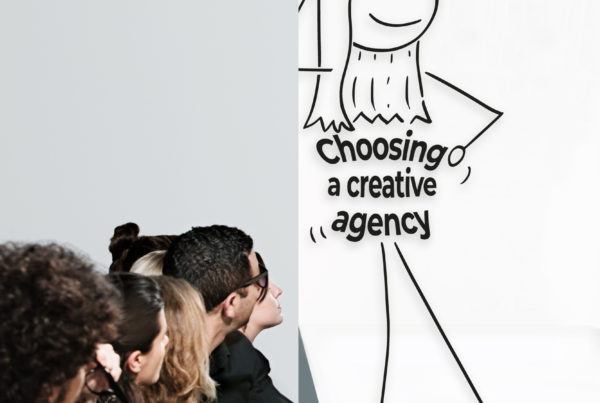There are many reasons for running an event. These range from sales to a targeted audience of qualified buyers, providing a strong brand building event where product demonstrations are provided, to a relationship building hospitality event. Regardless of which it is, there will be times when you need to create and deliver a presentation. Listed below are tips that will help you create and deliver excellent presentations.
1. Aims
Be clear about them – make them clear to the audience:
What is the subject?
What is the theme?
What are your objectives?
What do you want to achieve?
What is the purpose? Inform or persuade.
2. Audience
Who will your audience be?
What will they expect?
How many of them will there be?
What is their level of interest?
What is their existing level of knowledge?
Formal or Informal?
3. Material
Selecting the material:
- Is it relevant?
- Are the key messages clear?
- Be concise – slides should display prompt words not lines of text
- What can you cut out?
- What could you add?
Structuring material:
The start – ‘Tell them what you’re going to tell them’:
- What is the broad content?
- When will you take questions?
- Gain their attention
The middle – ‘Tell them’:
- Give the material a good, clear structure
- Lead them through with verbal cues
- Use title slides to identify each section
- For long presentations change presenters
The end – ‘Tell them what you’ve told them’:
- Summarise the content emphasising the main point(s)
- Provide a clear end point
- Thank the audience
- Move to questions and discussion
4. Delivery
How:
- Present – don’t read, this is where your prepared material comes in handy
- Be confident
- Prepare yourself to ad-lib
- Use cards, prompt words, mind maps
- Don’t fidget
- Make sure you can be heard
- Scan the room, don’t stare at one person
Time:
- Watch the clock
- Know your presentation
- Know what to add or omit
- Don’t get caught short!
Dealing with questions:
- Tease out what they really mean
- Do you understand the question?
- Admit ignorance rather than try and waffle – ‘I don’t know but I’ll find out’
- If you suspect an agenda pass it back – ‘What do you think?’
And what about nerves:
- Be prepared – produce a checklist of ‘Things to do…’
- Rehearse
- It’s not life or death
- What could go wrong?
- What will you do if it does?
- Relax and enjoy it!




